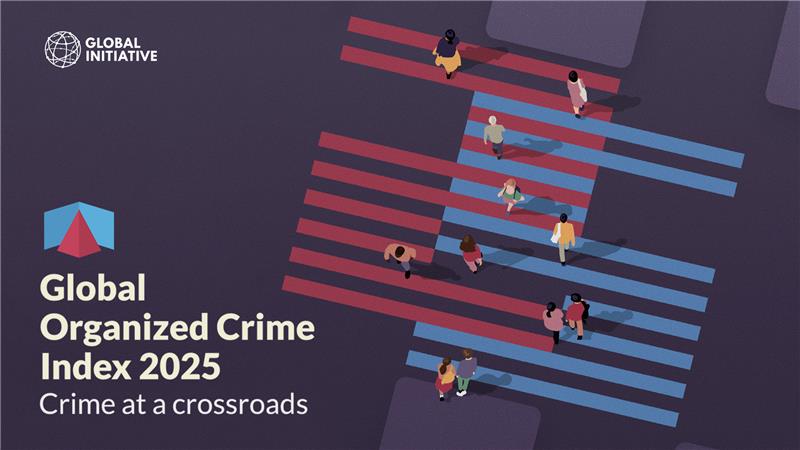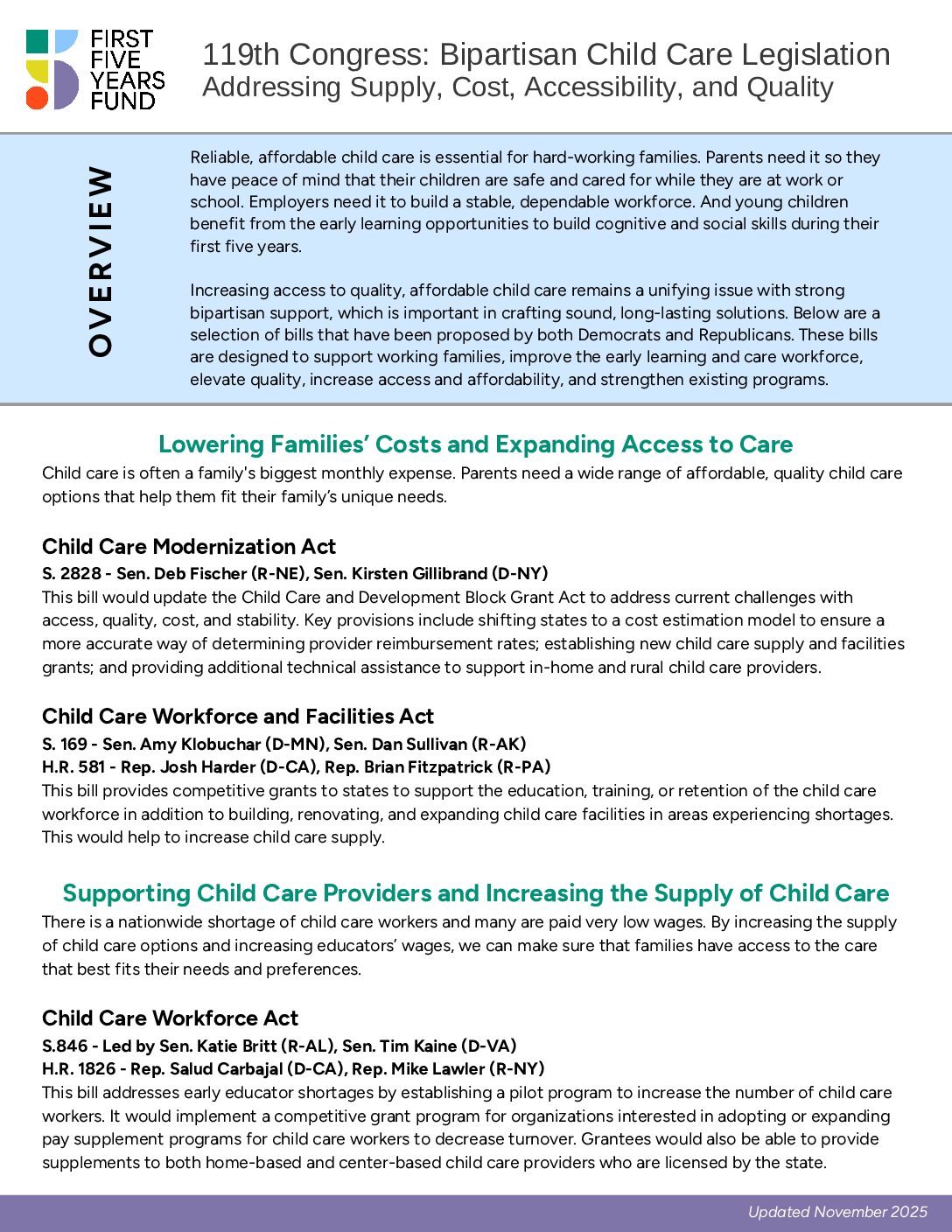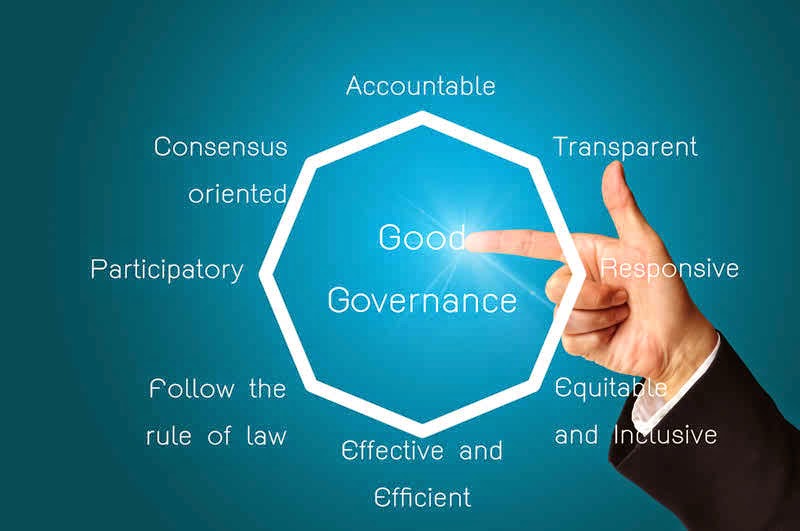WP212: Demanding more: Does education increase public backing for good governance in Africa – Afrobarometer

Report on the Nexus Between Education and Governance in Africa
An Analysis of Public Attitudes and the Sustainable Development Goals
This report examines the influence of education on public support for transparent and accountable governance across the African continent. The analysis highlights the critical interplay between Sustainable Development Goal 4 (Quality Education) and Sustainable Development Goal 16 (Peace, Justice and Strong Institutions), addressing a significant gap in research which has historically focused on Western contexts.
Core Objectives and Linkage to Sustainable Development Goals (SDGs)
Investigating SDG 16: Peace, Justice and Strong Institutions
The primary objective is to understand public attitudes toward transparent, accountable, and effective institutions, which is a cornerstone of SDG 16. This aligns directly with targets focused on substantially reducing corruption and bribery (Target 16.5) and developing effective, accountable, and transparent institutions at all levels (Target 16.6).
The Role of SDG 4: Quality Education
The report investigates how progress toward SDG 4, which aims to ensure inclusive and equitable quality education, functions as a key driver for achieving the governance-related targets of SDG 16. The analysis considers education at both the individual and national levels.
Methodology and Data
The findings are based on a comprehensive analysis of data from the Afrobarometer Round 9 surveys. Key parameters of the study include:
- Data Source: Afrobarometer Round 9 Surveys
- Geographic Scope: 39 African countries
- Time Period: Late 2021 to mid-2023
- Analytical Focus: The statistical relationship between citizens’ educational levels and their expressed support for good governance and anti-corruption measures.
Key Findings and Implications for SDG Achievement
The results demonstrate a significant and positive correlation between educational attainment and public demand for good governance, providing clear evidence of the synergistic relationship between SDG 4 and SDG 16.
Summary of Findings
- Individual Level Impact: Greater personal access to education is strongly associated with increased individual support for transparent and accountable governance.
- National Level Impact: Countries with higher overall educational attainment exhibit greater public demand for the principles enshrined in SDG 16.
Strategic Opportunities for Integrated Policy
The established relationship between education and support for good governance presents significant opportunities for accelerating the 2030 Agenda for Sustainable Development.
- Investing in SDG 4 can be leveraged as a direct strategy to foster a civic culture that demands and supports the anti-corruption and institutional transparency goals of SDG 16.
- This nexus underscores the importance of SDG 17 (Partnerships for the Goals), highlighting the need for integrated policies that connect national education strategies with governance reform initiatives.
- Educational curricula can be enhanced to explicitly include modules on civic responsibility, transparency, and accountability, thereby cultivating the values necessary for strengthening democratic institutions.
1. Relevant Sustainable Development Goals (SDGs)
-
SDG 4: Quality Education
This goal is central to the article, which explicitly investigates how “education shapes public attitudes.” The research focuses on “greater access to education” and “country-level measures of higher educational attainment” as key variables influencing public opinion in Africa.
-
SDG 16: Peace, Justice and Strong Institutions
This goal is directly addressed through the article’s focus on “transparent and accountable governance,” “support for good governance,” and “awareness of anti-corruption efforts.” The entire study is premised on understanding the factors that promote stronger, more accountable institutions, which is the core of SDG 16.
2. Specific SDG Targets
Targets under SDG 4: Quality Education
-
Target 4.7: By 2030, ensure that all learners acquire the knowledge and skills needed to promote sustainable development, including, among others, through education for sustainable development and sustainable lifestyles, human rights, gender equality, promotion of a culture of peace and non-violence, global citizenship and appreciation of cultural diversity and of culture’s contribution to sustainable development.
The article’s finding that education is associated with “increased support for good governance” directly relates to this target. Education is shown to be a mechanism for instilling values and knowledge related to global citizenship and the promotion of just societies.
Targets under SDG 16: Peace, Justice and Strong Institutions
-
Target 16.5: Substantially reduce corruption and bribery in all their forms.
The article mentions “growing education and awareness of anti-corruption efforts across the continent.” Increased public support for good governance, driven by education, is a crucial element in creating a societal environment that rejects corruption, thereby contributing to this target.
-
Target 16.6: Develop effective, accountable and transparent institutions at all levels.
This is the primary theme of the article. The research measures public attitudes specifically toward “transparent and accountable governance.” The study’s conclusion highlights that education fosters public demand for such institutions, which is a prerequisite for their development.
-
Target 16.7: Ensure responsive, inclusive, participatory and representative decision-making at all levels.
The article’s use of “Afrobarometer surveys” to gauge “public attitudes” and “support for good governance” is a measure of public participation in the political discourse. An educated populace that supports accountable governance is more likely to demand and engage in participatory decision-making processes.
3. Indicators for Measuring Progress
-
Indicators for SDG 4 Targets
The article implies indicators related to Target 4.7 by measuring its outcomes. While not an official SDG indicator, the “Afrobarometer surveys” data on “public attitudes toward transparent and accountable governance” serves as a proxy indicator to measure the extent to which education is successfully imparting knowledge and skills for global citizenship. The article also explicitly mentions using “greater access to education” and “country-level measures of higher educational attainment” as metrics, which align with official indicators for educational access and completion rates.
-
Indicators for SDG 16 Targets
The article explicitly identifies a tool that can be used as an indicator: the “Afrobarometer Round 9 surveys.” The data collected from these surveys on “public attitudes” and “support for good governance” directly measures public perception and satisfaction, which is relevant to indicators for Target 16.6 and 16.7 (e.g., Indicator 16.7.2: Proportion of population who believe decision-making is inclusive and responsive). The measurement of “awareness of anti-corruption efforts” serves as a public perception indicator related to Target 16.5.
4. Summary Table: SDGs, Targets, and Indicators
| SDGs | Targets | Indicators |
|---|---|---|
| SDG 4: Quality Education | Target 4.7: Ensure all learners acquire knowledge and skills needed to promote sustainable development, including global citizenship. | Implied Indicators:
|
| SDG 16: Peace, Justice and Strong Institutions | Target 16.5: Substantially reduce corruption and bribery in all their forms. | Implied Indicator:
|
| SDG 16: Peace, Justice and Strong Institutions | Target 16.6: Develop effective, accountable and transparent institutions at all levels. | Implied Indicator:
|
| SDG 16: Peace, Justice and Strong Institutions | Target 16.7: Ensure responsive, inclusive, participatory and representative decision-making at all levels. | Implied Indicator:
|
Source: afrobarometer.org

What is Your Reaction?
 Like
0
Like
0
 Dislike
0
Dislike
0
 Love
0
Love
0
 Funny
0
Funny
0
 Angry
0
Angry
0
 Sad
0
Sad
0
 Wow
0
Wow
0








































































